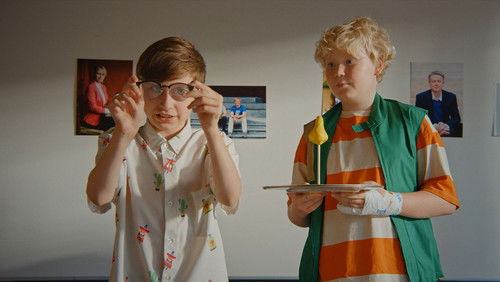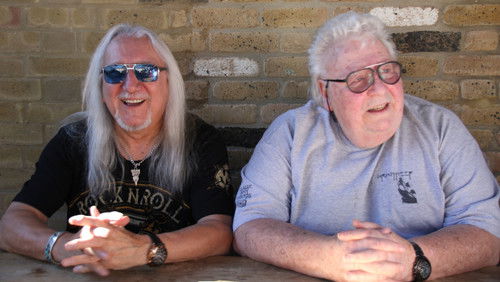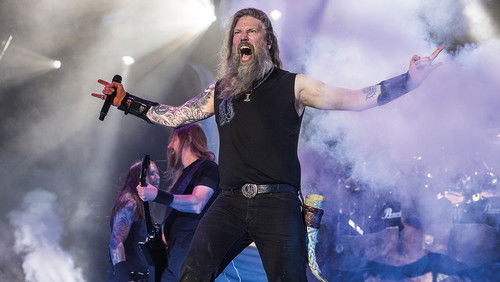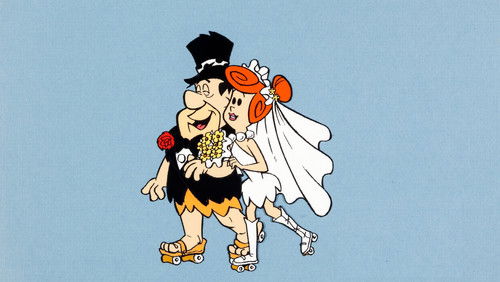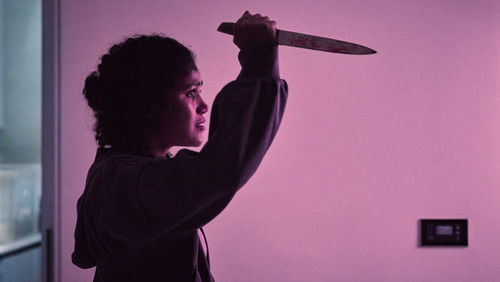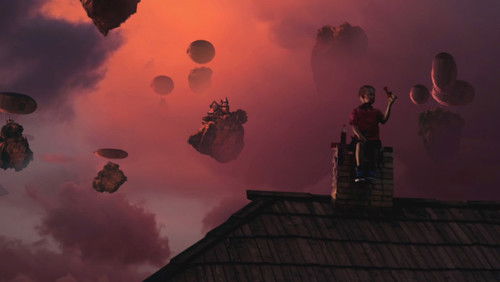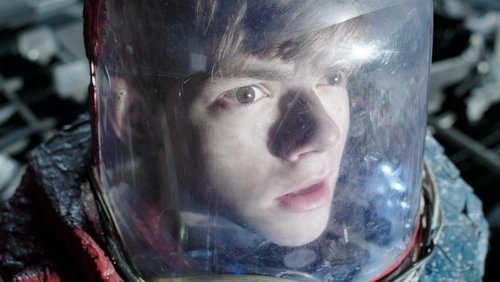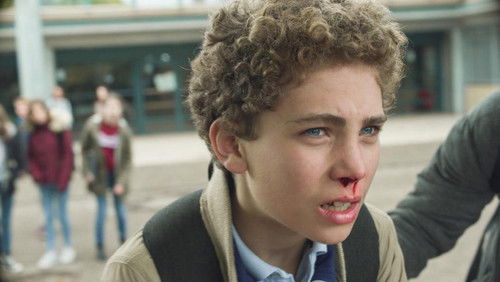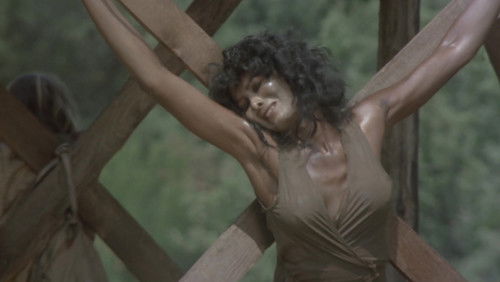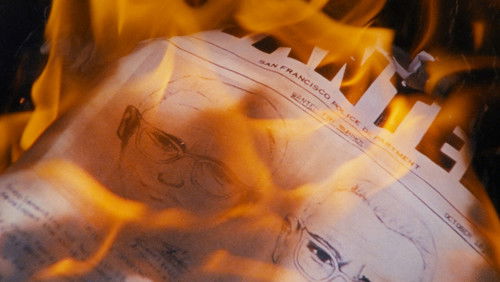Van Gogh (1991)
15KVan Gogh (1991). 2h 38m | R
“The life of Dutch painter Vincent van Gogh is brought to the screen by French director Maurice Pialat in his 1991 film simply titled Van Gogh. Unlike Vincente Minneliu0026#39;s Lust for Life which dramatized key events in the artistu0026#39;s life, Pialatu0026#39;s film is limited to the last sixty nine days of Van Goghu0026#39;s life. It is a fictional film based on the directoru0026#39;s impressions of what van Goghu0026#39;s last days might have been like given his creative output. Unlike the histrionics of Lust for Life, Pialat, a painter himself for twenty years before he turned to film making, disdains sensationalism, showing Vincent as a lonely and tormented artist who had severe mood swings, ranging from kindness to roaring anger and jealousy but one who was fully capable of social and sexual interaction with others. u003cbr/u003eu003cbr/u003ePialat defends his conception by saying simply, u0026quot;One doesnu0026#39;t produce 100 masterpieces in a state of depression–van Gogh died from having had a glimpse of happiness.u0026quot; The film is set in Auvers-sur-Oise where van Gogh recuperated following a self-inflicted injury to his ear after an argument with Gaugin in Arles, and after he was hospitalized at an asylum in St-Rémy for one year. The film begins with van Goghu0026#39;s arrival in 1890 in Auvers, a town close to Paris where he is greeted by Dr. Paul Gachet (Gérard Séty), an art collector and homeopathic doctor who was contacted by Vincentu0026#39;s brother Theo (Bernard le Coq). Remarkably portrayed by French singer and actor Jacques Dutronc, van Gogh appears pale and emaciated as he takes a room at the Ravoux Inn and begins to concentrate on his work, painting a portrait of Gachetu0026#39;s charmingly coquettish teenage daughter, Marguerite (Alexandre London) who falls for him although he is twenty years her senior. u003cbr/u003eu003cbr/u003eNot mentioned in Vincentu0026#39;s letter to Theo, Vincentu0026#39;s relationship with Marguerite may be fanciful, but as portrayed by London is convincingly real. Not intending to become a recluse, van Gogh greets Parisian friends at a gathering by the river which Gachet organizes to celebrate the artistu0026#39;s arrival. It is there he meets up with Cathy (Elsa Zilberstein), a prostitute he met at Arles, ensuring a love triangle that serves to highlight the painteru0026#39;s contradictions. As time passes in Auvers, Vincentu0026#39;s complicated relationship with his brother Theo and wife Jo (Corinne Bourdon) brings out his anger that Theo has only sold one of his paintings and he has had to rely on his brother for support, a situation that reinforces his sense of failure, doubt, and guilt. u003cbr/u003eu003cbr/u003eIn this atmosphere of recrimination in which Jo berates Theo for his handling of their finances and Marguerite denounces Vincent as sick, the painter follows his darkest instincts to commit a final self-destructive act. With Pialatu0026#39;s natural and improvisational style, the film Van Gogh provides a full and rich experience. Everything in the film has an authentic look and feel from the old nineteenth century trains to the country inns, the blacksmiths and the farmers. The film is alive with dances and songs, and the beauty of the surrounding fields inspires van Gogh to reflect its bright colors in his work. Many of his famous paintings are shown, although there is little discussion of the artistu0026#39;s technique or creative process.u003cbr/u003eu003cbr/u003ePraise for the film is displayed in the letter written to Pialat by Jean-Luc Godard in 1991. u0026quot;My dear Maurice,u0026quot; Godard says, u0026quot;your film is astonishing, totally astonishing; far beyond the cinematographic horizon covered up until now by our wretched gaze. Your eye is a great heart that sends the camera hurtling among girls, boys, spaces, moments in time, and colors, like childish tantrums. The ensemble is miraculous; the details, sparks of light within this miracle; we see the big sky fall and rise from this poor and simple earth. All of my thanks, to you and yours, for this success – warm, incomparable, quivering.u003cbr/u003eu003cbr/u003eCordially yours,u003cbr/u003eu003cbr/u003eJean-Luc Godard.u0026quot; u003cbr/u003eu003cbr/u003eA fitting tribute, indeed.”
